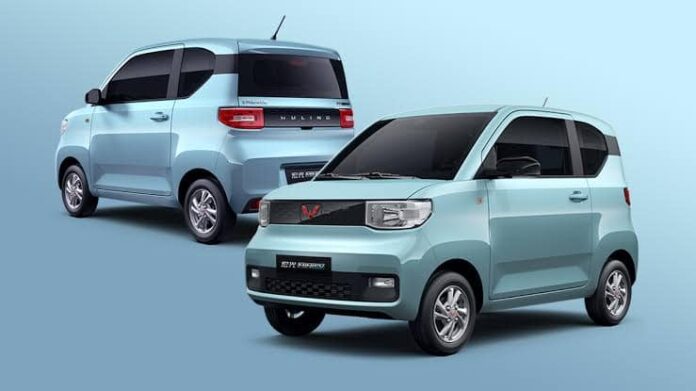Thailand’s vehicle production in 2024 is forecasted at 1.5 million units, the lowest since 2021, due to decreased domestic demand and rising competition. Chinese EV makers are expanding significantly.
Projected Decline in Thailand’s Vehicle Production
In 2024, Thailand’s vehicle production is forecasted to drop to 1.5 million units, the lowest since the pandemic-affected year of 2021. This decrease is due to reduced domestic demand, supply chain disruptions, and growing competition from emerging manufacturing hubs in the region. Weak domestic sales and declining export demand have led the Federation of Thai Industries (FTI) to revise their production forecast for the second time, reducing it from 1.7 million units announced in July. Unfavorable local conditions, including tight credit markets and geopolitical uncertainties, are impacting the sector.
Chinese Automakers Rise Amid Market Shifts
Despite struggles in traditional vehicle sales, Thailand’s EV market, led by Chinese firms like BYD and GAC Aion, shows growth. These companies capitalize on Thailand’s robust automotive infrastructure to gain a foothold in Southeast Asia’s market. In 2024, an estimated 80,000 battery-electric vehicles (BEVs) are anticipated to register in Thailand, revealing a significant increase over previous years. Since 2022, Chinese automakers have invested over $1.4 billion, establishing new facilities capable of producing 320,000 vehicles annually once fully operational. This shift highlights the dynamic transformation within Thailand’s automotive industry.
Thailand has long been recognized as a powerhouse in the automotive industry, earning its reputation as the “Detroit of Asia.” However, recent shifts in global market dynamics have seen a downturn in its auto production, largely due to the rising popularity of Chinese electric vehicles (EVs). Over the past few years, the landscape of the automotive sector has been transforming rapidly, with sustainability and efficiency driving consumer preferences.
The burgeoning Chinese EV market has significantly influenced this shift. As China’s EV makers like BYD, NIO, and XPeng extend their reach beyond domestic borders, they have made considerable inroads into the Southeast Asian market, including Thailand. The appeal lies not only in their competitive pricing but also in their technological advancements and robust investment in innovation. These manufacturers have capitalized on the global inclination towards clean energy solutions and have established themselves as credible competitors against traditional automotive giants.
Moreover, significant governmental support for EV development in China has catapulted these companies into a position of strength. Subsidies, favorable policies, and strategic partnerships have enabled quick expansion and production scaling, thereby meeting the soaring demand effectively. In contrast, Thai automakers, while making strides in adopting EV technology, face challenges in transitioning their manufacturing infrastructure and supply chains geared primarily towards internal combustion engine vehicles.
Thailand’s automotive producers are grappling with these disruptions while seeking to recalibrate their strategies. This includes forming alliances with global EV firms, investing in research and development, and seeking government incentives to boost local EV production capabilities. The aim is to capture a slice of the evolving market and sustain their status in the automotive hierarchy.
Simultaneously, consumer preferences in Thailand are gradually shifting towards electric options, influenced by sustainability awareness and favorable policies encouraging EV adoption. This transition requires traditional automakers to adapt or face a decline in their market share, illustrating the broader global industry’s move toward a more electrified future.
Source : Thailand’s auto production falls as Chinese EVs gain ground



